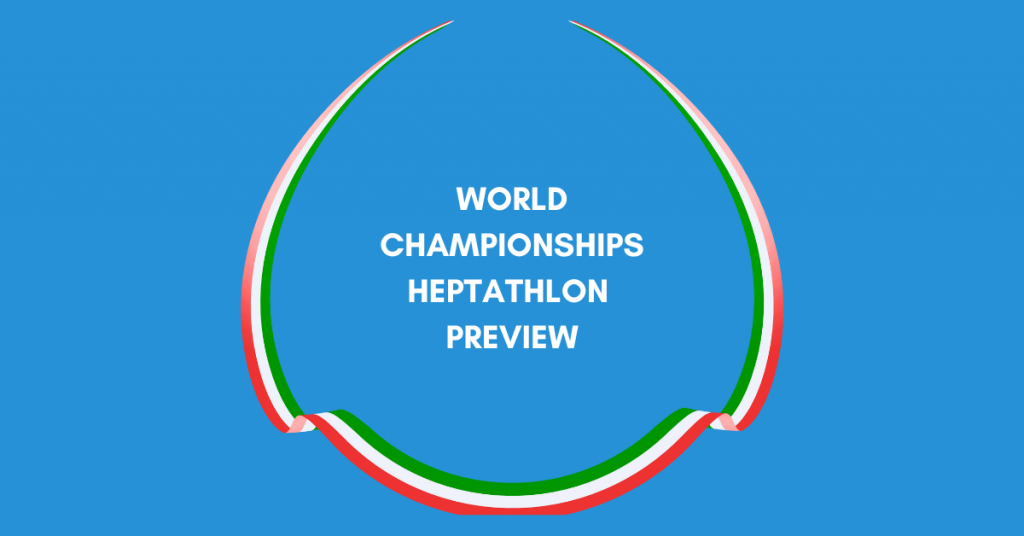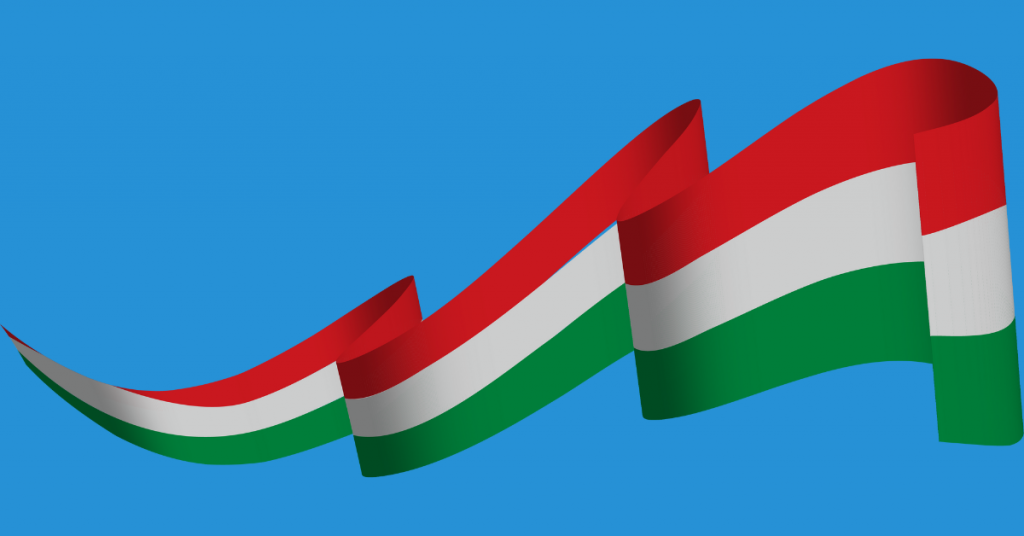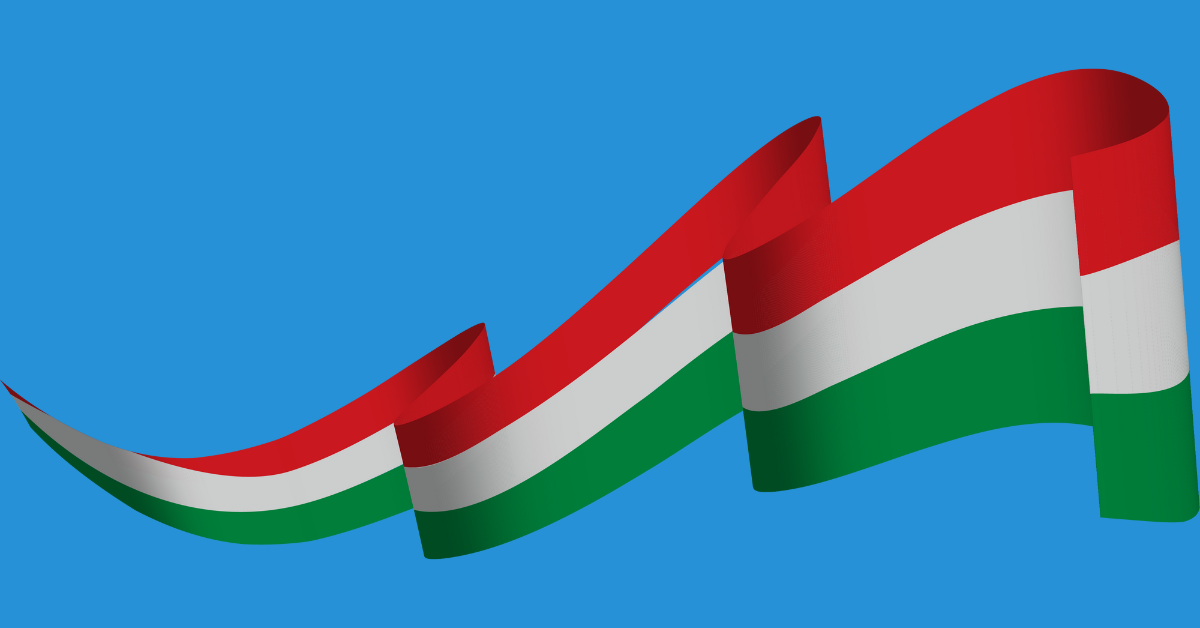
This is not quite the World Championships heptathlon we ordered earlier in 2023, but the version we’ve been delivered this coming weekend will quite possibly bring more intrigue and certainly more opportunity for surprise breakthroughs.
Of the world record trio who dazzled us during the indoor season – and Anna Hall is included in that, because without her 5k+ pentathlon score I don’t believe we would have seen the historic scores we saw in Istanbul – only one has made it to the climax of the season in Budapest.
Nafi Thiam and Adrianna Sułek have both ruled themselves out of contention, Nafi with some injury troubles, Adrianna with happy baby news, neither of them anything to do with the whims of Bobby Kersee. Only Anna remains, and with her 7000-bothering-score of 6988 in Götzis, she seems the natural favourite. That’s a fair position, but three months on from that performance, it’s far from a done deal.
In Eugene last year, Hall was the world bronze medallist, the rookie darling of the home crowd, but with little pressure while Thiam and Anouk Vetter thrashed out the title at the top of the podium. Ironically, Hall likely has more pressure on her shoulders in Budapest, as a credible candidate alongside to break JJK’s nostalgia-laden world record in the future. But everything we know about Anna tells us she deals with pressure well, and she is a good choice for a gold medal candidate.
However, she’s not the only one. While all eyes have been on Hall, the 2019 world champion Katarina Johnson-Thompson has quietly been getting better and better this year. Her 6556 to finish second in Götzis was somewhat overshadowed by the American’s dazzling score, but experience with KJT tells us that being the quiet underdog suits her. Her demeanour of late has been relaxed and confident, always a very good sign. While she might not currently be in a position to keep up with Hall if we get close to 7000 – KJT’s best is 6981 but from 2019 – a 6600-6800 heptathlon would bring a grand duel for gold.
Beyond Hall and KJT, we get into unchartered territory among the other big names. This time last year, Anouk Vetter would have been the favourite in Thiam’s absence. The Olympic silver medallist competes sparingly over seven events which, unlike other track and field events, does not necessarily mean a lack of form, which can confuse some predictions. It often more likely means a fragile balance being maintained between performance and injury (see Kevin Mayer for reference). If Vetter – and indeed her teammate Olympic bronze medallist Emma Oosterwegel, who logged a modest 6209 in Ratingen – has timed her season correctly, she will be one of the big names fighting for the world title.
While Vetter has enjoyed the same lower international profile as KJT, in Belgium many eyes have looked to the 2022 World Indoor champion and Olympic fourth placer Noor Vidts to carry their hopes in the combined events. Like Vetter, Vidts preparation has been low key, with only individual events to provide clues on what she might bring to Budapest.
So those are the big five, with many different variables in play.
The heptathlon has been beleaguered by injuries and time outs in recent years. As well as Thiam and Sułek missing out this year, there is no Kendell Williams, Ivona Dadic, Laura Ikauniece, Maria Vicente, Nina Zheng, Holly Mills, Claudia Conte, Dorota Skřivanová, Yorgelis Rodriguez, Adriana Rodriguez, Maria Huntington, Verena Mayr or Geraldine Ruckstuhl. With those athletes all in play a field of 32 would easily be filled, but the silver lining to the absence of so many familiar names is the opportunity for up-and-coming athletes to shine and gain experience, even in the restricted field of 24.
The Germans are the most experienced of the rest of the field, including Carolin Schaefer, who won World Championships silver back in 2018 and European bronze in 2018. While her switch to the Kaul training group has not yet brought her back to the big scores that won those medals, she has been the most consistent she has been for a few years, scoring 6312 in Götzis and 6369 in Ratingen. But Schafer is no longer dominant in German heptathlon, and one has the feeling that Sophie Weissenberg (6375 in Götzis this year) and Vanessa Grimm (6058 in Poland on return from injury, but 6323 last year) are just one stroke of good fortune away from a 6500+ score. Weissenberg has been extraordinarily unlucky at major championships, with a long jump no-mark in Eugene and a DNF due to illness at the European championships in Munich last year.
Annik Kaelin of Switzerland is in that space too, low on competition this year due to injuries, but growing into her space as Switzerland’s best ever heptathlete, and on the cusp of something much bigger.
Fresh from the European U23s in Espoo last month, gold medallist Saga Vanninen of Finland and silver medallist Sofie Dokter of the Netherlands are participating in their first World Championships. Like their medal counterparts in the decathlon, they both have the opportunity to step up beyond their 6300+ scores. Dokter tends to be overlooked given Vanninen’s medal haul at U20 level, but there is now very little between them.
Of the Americans in the field beyond Hall, Taliyah Brooks is on the rise, delivering two 6300+ scores already this year at Multistars in April and at the US trials in July. She has had her share of misfortune, from extreme conditions to no-marks in events, but a relatively clear path in 2023 has shown us what’s she’s capable of, with more in reserve that could potentially take her to 6500. Although Annie Kunz scored the same as Brooks’ best this year – both bringing themselves into qualification contention via rankings – a curious cat-and-mouse duel with Chari Hawkins at the US trials resulted in Hawkins (whose best is 6216 this year, and PB 6243 from 2022) claiming the third place on the US team.
The home favourite in Budapest will be Xénia Krizsán, the 2021 Götzis winner with 6651, and 2021 European indoor bronze medallist. She’s not signalled so far this year that she’s anything like previous form, and it might be that the pundits are looking at the wrong Hungarian. Krizsán’s teammate, Rita Nemes, has the uncanny ability to bring herself out of semi-retirement and back into contention to qualify for championships– she did it in 2021, where she finished 6th at the European indoors, and she’s done it again did it in 2023. This will be by far the biggest stage on which Nemes has ever competed and, with a home crowd at her feet, this could be her moment to shine in the top half of the field.
Sarah Lagger of Austria has made steady progress this year on return from injury, foregoing the indoor season and rewarded with solid 6000+ scores at Multistars and in Bydgoszcz. Likewise, Paulina Ligarska of Poland has pulled herself back from injury and over 6000 this year.
From Ireland, the 2022 Commonwealth silver medallist (behind KJT) Kate O’Connor has qualified for her first global championships and while she’s not had a smooth path this season, she logged a solid 6125 in Ratingen.
However, her companion on the Commonwealth podium, Great Britain’s Jade O’Dowda was not selected for the championships, thanks to a particularly asinine application of selection rules in the UK.
UK Athletics published, quite reasonably, a set of local standards to meet for athletes who qualified by rankings rather than automatic standard. For the decathlon they set 8284 and heptathlon 6260.
As the season progressed, it became increasingly clear that while the decathlon standard was judged correctly (at the time of writing 8284 is 20th in the world and a decent measure of competitiveness at the championships), the heptathlon standard was way off.
O’Dowda’s PB score of 6255 – just 5 points short of the UK standard – is currently 12th in the world in 2023. If we remove the athletes ahead of her who aren’t in Budapest (Sulek, Kunz, Jana Koscak, Adriana Rodriguez) she rises to 8th in the world, one of the key objectives stated by UKA for the championships. There are 11 athletes in the field for Budapest with season’s bests below O’Dowda.
While the original standard set by UKA was perfectly logical as a function of the World Athletics qualifying standard, their stubbornness in refusing to flex their self-imposed rules to allow one of the best heptathletes in the world this year to compete and gain valuable rankings points is baffling.
The French, however, did not feel the need to indulge in the UK’s self-flagellating policies, and with the Paris Olympics just a year away, have selected all three of their heptathletes qualified by rankings: Esther Conde-Turpin, Leonie Cambours, and Auriana Lazraq-Khlass.
Conde-Turpin is an experienced heptathlete and is having her best season since she set her PB of 6230 in 2018. After enjoying championships qualification in 2022, Leonie Cambours has had a difficult year and so expectations are not too high for a big improvement in score, but the 23-year-old is the most exciting young athlete in the current French heptathlon cohort.
On the other hand, Lazraq-Khlass has enjoyed a super breakthrough year, improving by almost 300 points outdoors and 200 indoors, and has been rewarded with a surprise opportunity as the last woman to qualify for Budapest, a great experience for her a year out from Paris.
Away from the big meets of Europe, Ekaterina Voronina of Uzbekistan’s wins at the indoor and outdoor Asian champs qualified her via rankings (although she would also have qualified as Asian Championships winner) and Martha Valeria Araujo of Colombia is in the field as South American champion. Although a little below 6000 this year, her PB of 6112 from last year keeps her competitive with other participants.
The action starts tomorrow, Saturday 19 August, and you can find the results here.


